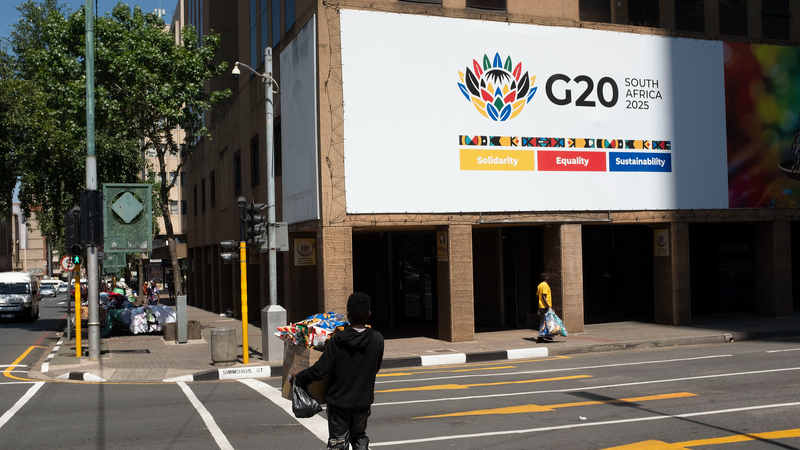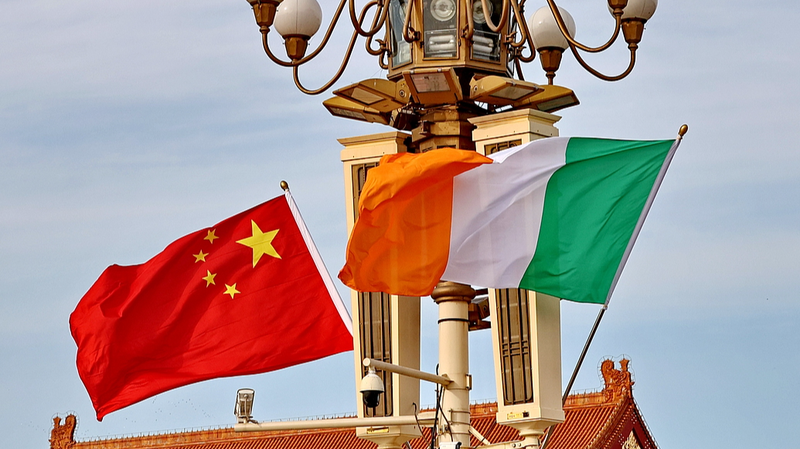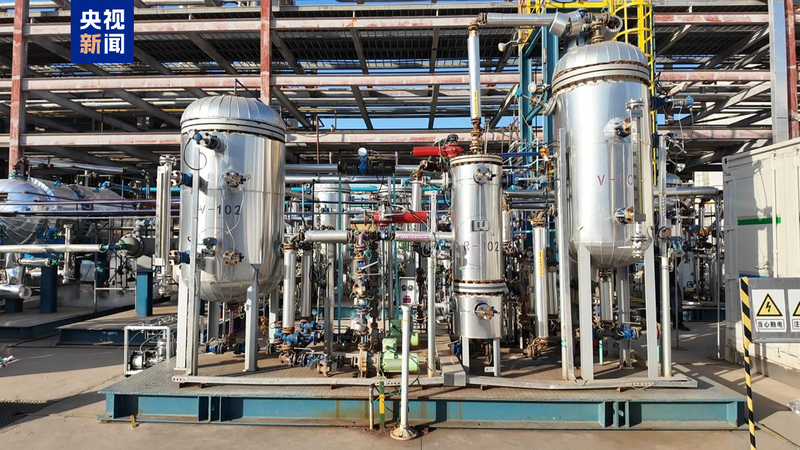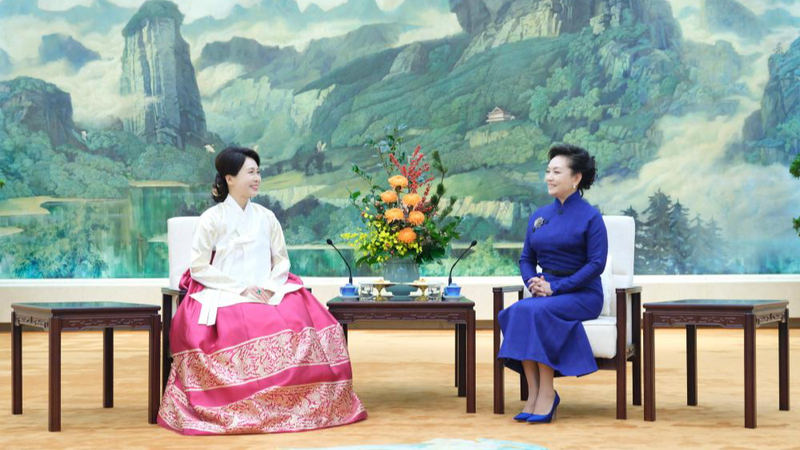This week, the 2025 G20 summit under South Africa’s presidency kicks off in Johannesburg, where world leaders face a fragile recovery marked by economic pressures, geopolitical tensions and rising calls for reform. 🌍🤝
G20 members account for roughly 85% of global GDP and 75% of world trade, making them the heavy hitters in the global arena. Yet, despite this muscle, the OECD warns that world growth could dip from 3.3% in 2024 to 3.2% this year and 2.9% in 2026, citing trade barriers and policy uncertainty as major roadblocks. 📉
Against this backdrop, the G20 is under pressure to deliver progress on trade, climate action, financial reform and tech governance—no small feat when interests collide. 💼💡🌱
AI is top of the agenda. Back in September, the G20’s AI Task Force pushed for “data free flow with trust,” calling for shared technical standards and broader access to diverse datasets. And in July, the Chinese premier Li Qiang proposed a new global AI cooperation body to supercharge innovation across borders. 🤖🌐
Meanwhile, the Digital Cooperation Organization rolled out its AI-REAL toolkit at the G20 Digital Economy and AI Ministers’ Meeting in Cape Town, offering a hands-on roadmap for governments to assess AI readiness and craft responsible policies. 🗺️✨
Climate change and green finance are also in the spotlight. As countries submit new national climate pledges this year, many have stepped up their emissions targets. In September, China announced 2035 NDCs to slash net greenhouse gas emissions by 7–10% from peak levels and ramp up wind and solar capacity to 3,600 GW—over six times 2020 levels. 🌬️☀️
The Chinese mainland has amped up investments in low-carbon energy, green finance and carbon trading. By August, its national carbon market hit a trading volume of 189 million tonnes and 18.1 billion yuan ($2.54B), making 2024 the strongest year since its 2021 launch. 💰♻️
Beyond sectoral debates, the G20’s role has evolved since Hangzhou 2016, where the focus was growth and innovation. Today, finance, technology and climate governance are center stage, highlighted by the Global Governance Initiative proposed by China earlier this year.
The initiative aims for a fairer international system where all countries—especially developing ones—have a louder voice. As Wang Fan, president of China Foreign Affairs University, told Xinhua, “Advancing reform of global governance is the only way to bridge deficits in peace, development, security and trust.”
Still, roadblocks loom. Rich and poor nations clash over climate finance, debt relief and AI ethics. For low-income and developing economies, the stakes couldn’t be higher. Many see this summit as a rare chance to demand equitable support, rethink debt architecture and ensure that AI tools lift everyone, not just the tech giants. 🚀🌱
If G20 leaders can find common ground on trade rules, AI guardrails and green finance, it could signal a new phase of global governance—one built on shared responsibility, not just GDP growth. The world is watching. 👀
What are your hopes for the G20 summit? Share your thoughts below! 🔥
Reference(s):
G20 2025: Can the world break the global governance deadlock?
cgtn.com




